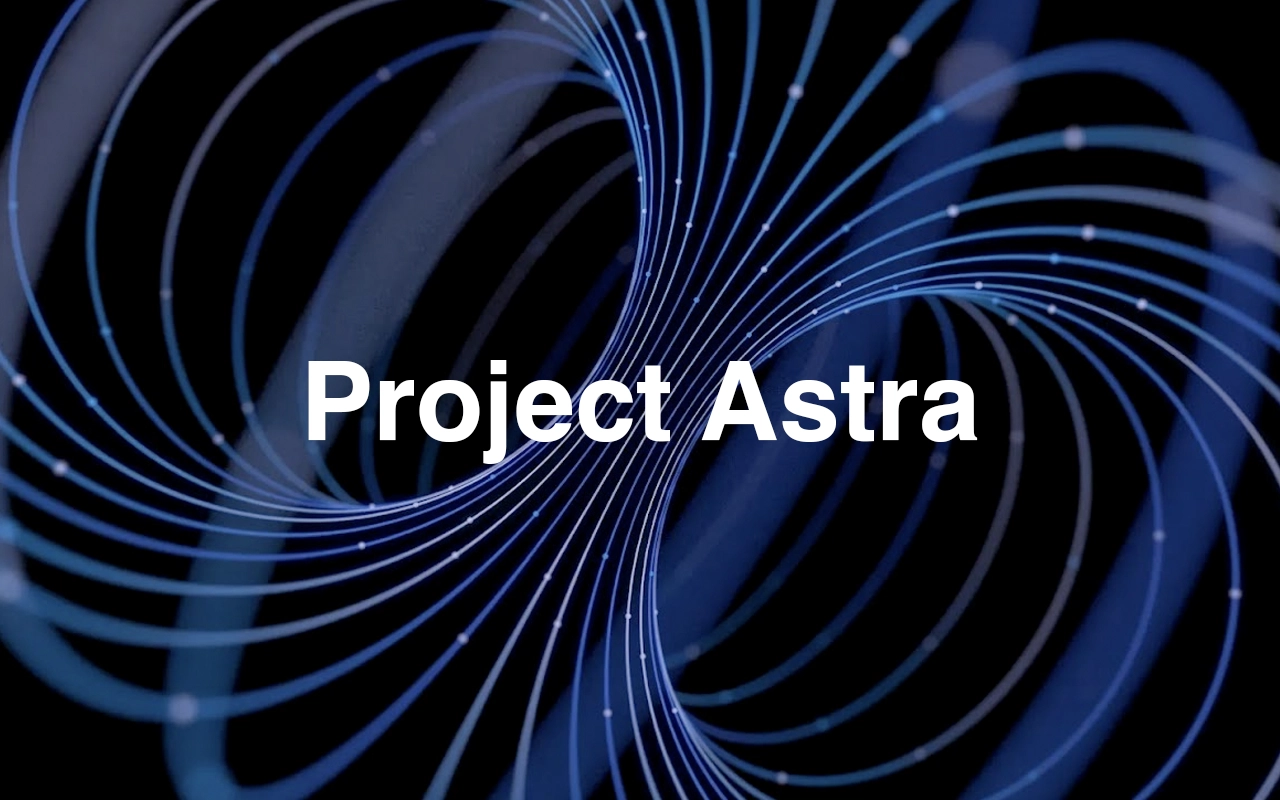We’re entering a new era of technology—not just where machines answer questions, but where they perceive, reason, and act in the world like intelligent agents. At Google I/O 2025, the unveiling of Project Astra marked a turning point: AI is no longer just a tool—it’s becoming a companion that understands, remembers, and responds contextually.
In today’s blog, CodeBytex explores what AI agents are, how Project Astra is changing the game, and—most importantly—how you as a developer can start building with AI agents today.
What Are AI Agents?
An AI agent is not just an assistant like Siri or Alexa. It’s a goal-oriented, multi-modal system that can:
- Understand spoken or typed language
- Perceive visual or contextual inputs (like images, screens, or surroundings)
- Retain memory of previous interactions
- Take actions across software or even real-world devices
Think of it as the evolution of chatbots into cognitive, task-solving partners.
Project Astra: A New Breed of AI Agents
At I/O 2025, Google introduced Project Astra, the most advanced real-time AI agent demo to date.
Key Capabilities:
- Visual Understanding: Astra can “see” through a phone camera and describe what it sees.
- Conversational Memory: It remembers what you said earlier and continues the context.
- Real-Time Reasoning: From identifying objects to solving problems on the fly.
In a live demo, Astra analyzed a cluttered desk and explained which cables belonged to which devices, remembered previous interactions, and helped organize them—all with voice and camera input.
How You Can Build AI Agents Today
You don’t have to wait for Astra’s public release to start building AI agents. Google and other platforms are already enabling developers to create similar experiences.
1. Vertex AI Agent Builder
- What it is: A no-code/low-code platform to create AI agents trained on your data.
- Use cases: Customer support agents, HR bots, onboarding assistants.
- Start here: Google Cloud Console → Vertex AI → Agent Builder
Example:
Create a custom support agent for your fintech app that reads PDFs, FAQs, and user history to answer customer questions instantly.
2. Gemini APIs for Multi-Modal Agents
- Use Gemini 1.5 Pro (or 2.5) through Google Cloud to build agents that understand text, images, and documents.
- Combine it with tools like Firebase or Flutter for mobile and web deployment.
Developer Flow:
User input → Gemini API → Agent decision logic → Action (e.g., send email, show result, control device)
3. Build Custom Agents Using LangChain + Gemini
LangChain, a powerful agent framework, now supports Google’s Gemini models.
With it, you can:
- Chain multiple prompts and tools
- Add memory to your agents
- Use agents to call APIs, run code, search docs, or control apps
Example Use Case:
A project management AI agent that can:
- Pull team tasks from Google Sheets
- Send daily updates to Slack
- Schedule meetings using Google Calendar API
Tools to Power Your AI Agents
| Tool | Purpose |
|---|---|
| Vertex AI Agent Builder | Visual builder for structured agents |
| LangChain / LlamaIndex | Frameworks for multi-step AI logic |
| Gemini API | Foundation model for reasoning, language, image |
| Firebase + Flutter | Easy deployment to mobile/web |
| Dialogflow CX | Voice-enabled conversational logic (optional) |
| Google Maps API, Calendar API, Gmail API | Extend your agent’s reach |
Privacy and Trust in Agent Design
When building AI agents, especially ones with memory or visual input, user trust is everything.
- Be transparent: Tell users what data is being used and stored.
- Give control: Let users reset memory or control access.
- Think local: Use Gemini Nano for privacy-first on-device reasoning.
Use Cases Developers Can Build Right Now
| Industry | Agent Idea |
|---|---|
| Education | AI Tutor that reads textbooks and quizzes students |
| Finance | Spending assistant that explains transactions and offers insights |
| Healthcare | Pre-diagnosis intake bot that logs symptoms and prepares reports |
| eCommerce | Product recommender agent that answers questions visually |
| Gaming | In-game quest assistant that guides players through missions |
Why AI Agents Are the Future
The shift is clear:
- From tools to companions
- From commands to conversations
- From search to reasoning
Just as the smartphone revolution began with touchscreens, the agent revolution begins with multi-modal AI + real-time memory.
At CodeBytex, we see AI agents as the foundation of the next wave of apps—autonomous, helpful, and deeply personalized.
What to Expect Next from Google
- Public API for Astra: Expected in late 2025 for developer preview
- Improved on-device agent SDKs: Gemini Nano for camera, sensor, and microphone-based AI
- Google Workspace Agent Kits: To automate Docs, Gmail, Calendar workflows via AI
Final Thoughts: From Builders to Architects of Intelligence
2025 is your opportunity to go beyond apps and build AI-native systems that truly help users. AI agents are not hype—they’re the logical next step in how humans interact with technology.
So don’t just build apps—build agents.
Let them read, remember, reason, and respond.
Because that’s the AI-powered future, and it’s already knocking.
Follow CodeBytex for tutorials, SDK breakdowns, and real-world agent templates. We’re here to help you stay ahead as this new chapter of tech unfolds.
